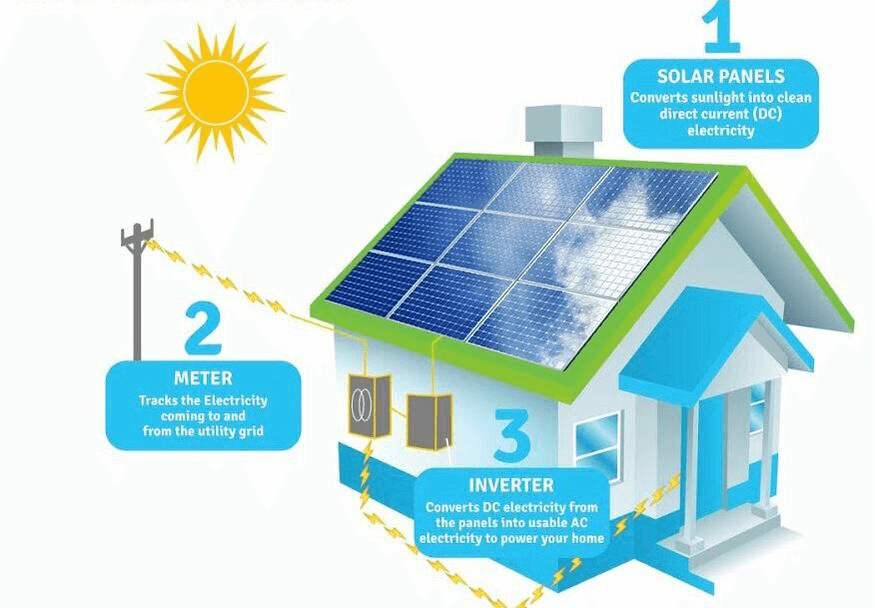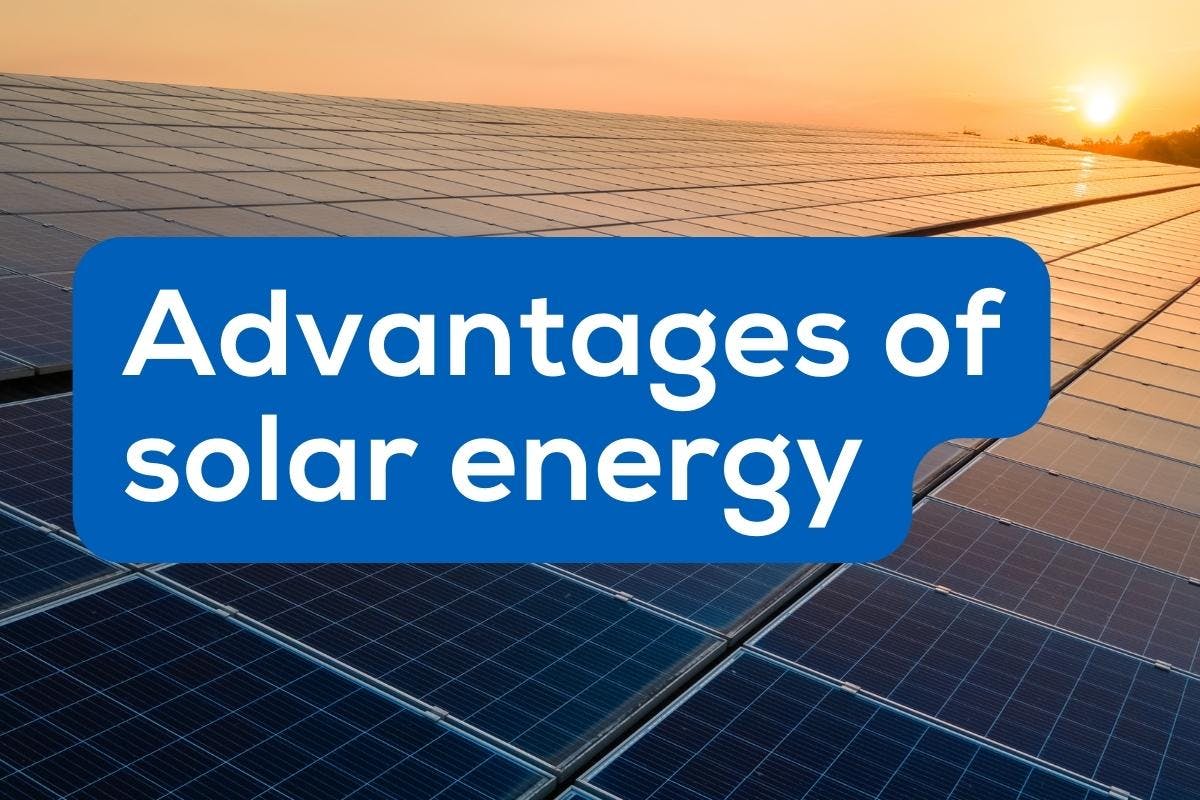Just How Solar Energy Can Aid You Conserve Cash and Minimize Your Carbon Footprint
The combination of solar power right into your energy portfolio provides an engaging chance for both monetary savings and environmental stewardship. As various government incentives become readily available, the concern emerges: how can one properly navigate the first financial investments and recurring advantages of solar technology to make best use of both financial and environmental gains?
Recognizing Solar Energy Savings
While the shift to solar power commonly entails a first financial investment, recognizing solar power financial savings is critical for homeowners and businesses alike. Solar energy systems can considerably decrease electrical power expenses by taking advantage of the sunlight's power, equating into substantial long-term financial benefits.
In addition, solar energy systems may certify for different monetary incentives, including tax obligation credit scores and refunds, additionally improving their cost-effectiveness. The accessibility of net metering allows users to market excess power back to the grid, producing an extra income stream. These aspects add to the general cost savings connected with solar energy.

Along with guide financial financial savings, solar power uses the included benefit of enhancing property value. Homes furnished with photovoltaic panels are usually more attractive to buyers, as they promise reduced power prices - Simply Solar Illinois. Recognizing these aspects is crucial for any person taking into consideration solar energy, as it highlights not just the possible monetary gains, however also the broader ecological and economic advantages of embracing renewable resource options
First Prices vs. Long-Term Conveniences
When examining solar power, it is very important to weigh the first expenses against the lasting advantages. The upfront financial investment for photovoltaic panels, setup, and related tools can be considerable, typically ranging from $15,000 to $30,000, depending on the system dimension and home energy needs. This first expense may deter some home owners; nevertheless, it is important to consider the possible cost savings over time.
As soon as set up, solar power systems can dramatically minimize or perhaps remove regular monthly electrical power costs, causing substantial lasting financial advantages. Research studies indicate that house owners can save anywhere from $10,000 to $30,000 over the life-span of their solar system, generally 25 years. In addition, lots of states supply rewards, tax credits, and discounts that can balance out initial expenses, making solar extra obtainable.

Decreasing Your Carbon Impact
Minimizing your carbon impact is an important consideration in today's eco conscious society, and taking on solar power is just one of the most reliable techniques to attain this goal. Solar power is a tidy, renewable source that considerably diminishes reliance on nonrenewable fuel sources, which are major factors to greenhouse gas emissions.

In addition, the extensive adoption of solar technology encourages the growth of eco-friendly tasks and sustains technologies in power storage space and efficiency. The even more people and organizations purchase solar power, the higher the collective decrease in carbon discharges, fostering a cleaner atmosphere for future generations.
Government Rewards and Rebates
Adopting solar power not only benefits the environment but can additionally cause significant monetary cost savings, especially with the accessibility of federal government incentives and refunds. Numerous federal, state, and local programs are made to encourage home owners and businesses to buy solar energy systems, making the shift extra inexpensive.
One of one of the most famous directory motivations is the Federal Investment Tax Credit Rating (ITC), which enables planetary system proprietors to subtract a significant percent of the installation costs from their federal taxes. This reward has actually been pivotal in decreasing the in advance costs linked with solar power systems. Furthermore, lots of states use their very own tax obligation credit scores, gives, and discounts that can further improve cost savings.
Moreover, some regional governments offer residential property tax obligation exceptions for solar installations, ensuring that homeowners do not face enhanced real estate tax as an outcome of their renewable resource financial investments. Energy firms may also provide incentives, including internet metering and feed-in tariffs, which permit solar power individuals to offer excess power back to the grid.
Choosing the Right Solar System
Selecting the suitable solar system is crucial for making the most of energy efficiency and financial benefits. The choice depends upon numerous variables, consisting of energy demands, budget plan, and available room. House owners ought to start by examining their electrical power consumption to figure out the system size needed for optimal performance.
Following, consider the various types of solar innovations available. Simply Solar Illinois. Photovoltaic Or Pv (PV) panels are the most typical, converting sunshine directly into power, while solar thermal systems focus on home heating water. Each type has distinct benefits depending on specific requirements
Budget plan considerations are additionally critical. Initial installation costs can vary why not check here dramatically, so it is necessary to contrast quotes from multiple providers and check out financing options. Government motivations and rebates can additionally lower the economic problem, making planetary systems more obtainable.
Conclusion
The environmental benefits of solar power add to lasting techniques critical for combating climate change. Government rewards enhance the feasibility of solar innovation adoption, motivating a shift towards a cleaner, a lot more financially reliable the original source energy source.